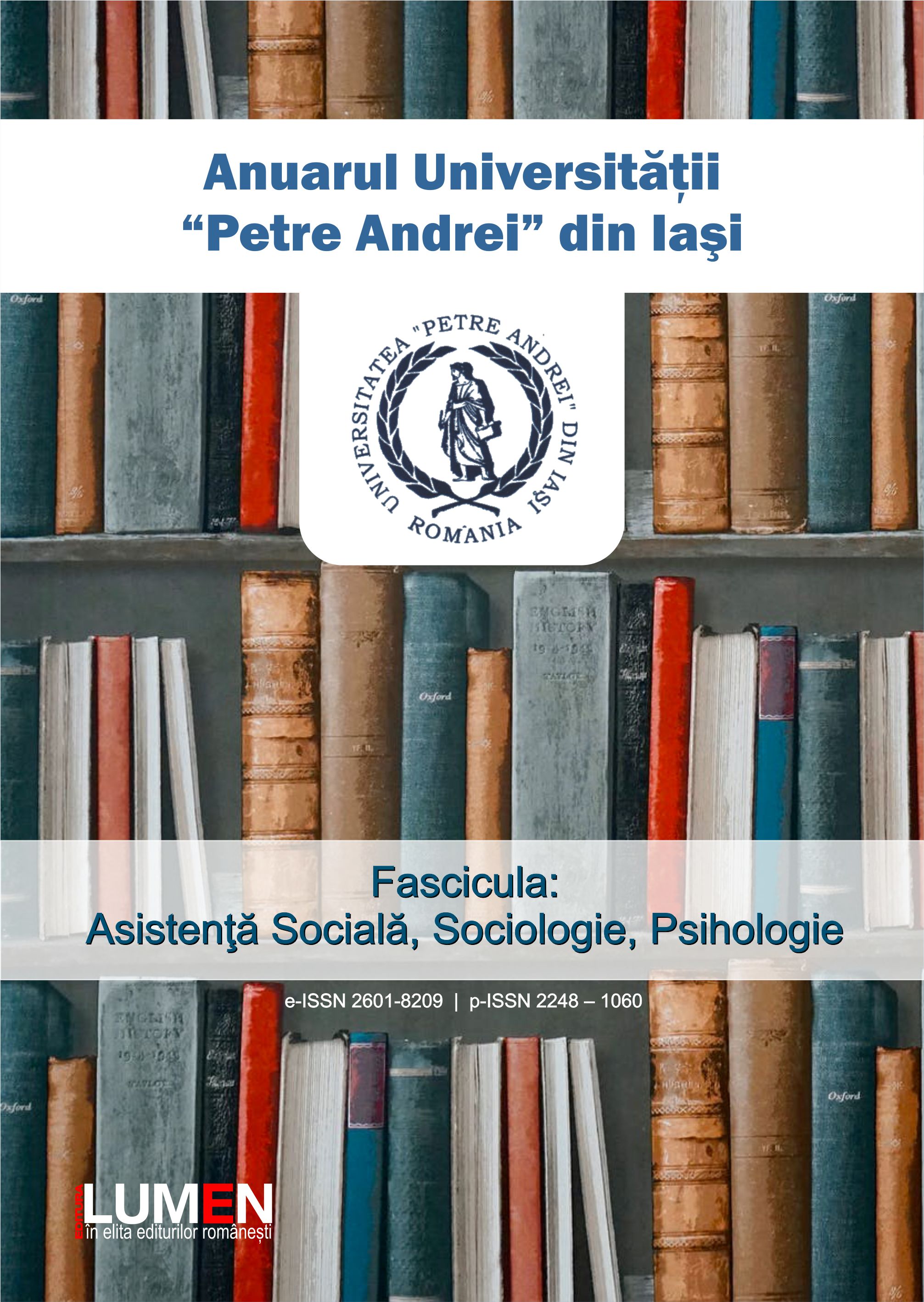Psychosocial Climate in the Primary Work Group in State Organizations
Psychosocial Climate in the Primary Work Group in State Organizations
Author(s): Mihaela Luminița Sandu, Lavinia Maria Pruteanu, Alina Mihaela Tabacaru (Ionescu)Subject(s): Organizational Psychology
Published by: Editura Lumen, Asociatia Lumen
Keywords: climate;organization;group;work;
Summary/Abstract: The psychosocial climate has a great variety of definitions, this being due to the different point of view from which it is approached: pragmatic, affective, normative, structural.In the psychosociological literature in our country, the definitions proposed for this concept are mostly focused on the attitudinal-emotional aspect of this phenomenon and consequently they generally have many notes in common.Organizational and managerial theories have largely begun with the discovery of the importance of people and the socio-human climate for the efficient functioning of companies. Through multiple analyzes and research, the dynamics of the human factor in the organization and management was configured.From the beginning we must distinguish two universes within any organization. On the one hand, machines and technology, the market and production flows, productivity and competitiveness of products representing a distinct universe of corporations, on the other hand, the other universe, as significant as the first, represented by individual people and relationships among them, the knowledge that people store, produce and apply, the values they adhere to, the myths they generate.Therefore, we have two distinct and at the same time complementary universes: one technological and the other human.The technological universe can be changed easily and quickly. It is rational and visible. The cultural universe, however, is much less transparent, it mixes rationalities in different combinations, which only those who participate directly can understand.Leadership is also a field of research and a practical skill that encompasses the ability of an individual or organization to "lead" or guide other people, teams, or an entire organization.Leadership viewed from a European and non-academic perspective includes a vision of a leader that can be changed not only through community goals but also through the pursuit of personal power. Leadership can result from a combination of several factors.A leadership style is the style of a leader to provide direction, implement plans and motivate people. It is the result of the leader's philosophy, personality and experience.
Journal: Anuarul Universităţii »Petre Andrei« din Iaşi Fascicula: Asistenţa Socială, Sociologie, Psihologie
- Issue Year: 2020
- Issue No: 25
- Page Range: 149-165
- Page Count: 17
- Language: English

